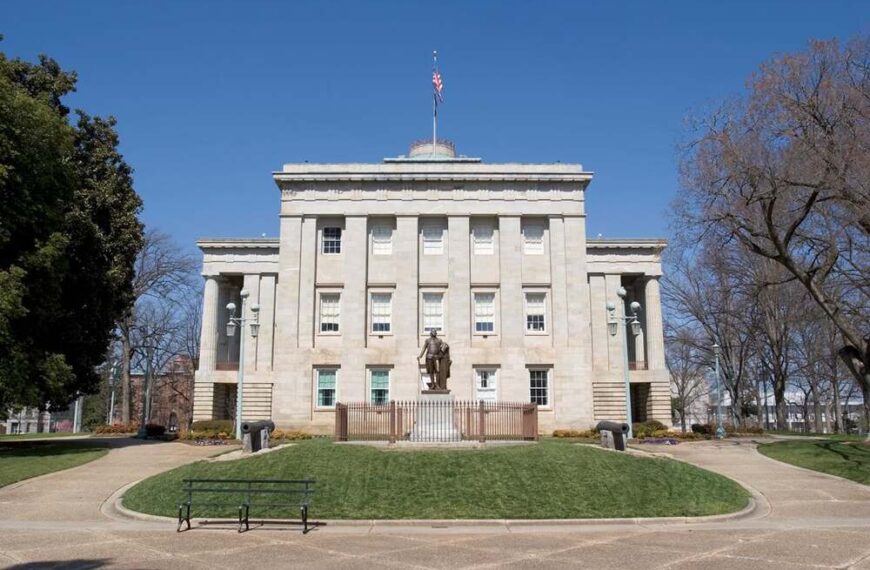In the past few years, virtual currency has been increasingly gaining traction as an alternative mode for both investment and monetary exchange. Nevertheless, India’s governing body remains wary of its recognition as a valid type of capital tender. According to Rajkotupdates.news : government may consider levying tds tcs on cryptocurrency trading‘ most recent publication on the subject matter, it appears that authorities may contemplate imposing Tax Deducted at Source (TDS) and/or Tax Collected at Source (TCS) regulations upon dealings involving electronic money transactions.
As per the write-up, there’s a proposition for the administration to enforce a 2% TDS on dealings made through cryptocurrency surpassing Rs.10 lakhs in value. Apparently, this course of action is being taken to impede money laundering and tax avoidance challenges that have arisen due to cryptocurrencies’ usage. Moreover, there might be contemplation regarding imposing an additional charge known as “1% TCS” on crypto sales which will get deducted by sellers themselves and forwarded subsequently towards state revenue authorities.
Mixed Reactions from Indian Cryptocurrency Community
The Indian government’s recent action elicited varied responses from the cryptocurrency community. Certain members inferred that this move could serve as a method of legitimizing cryptocurrencies within India, hence making it subject to taxation. Conversely, other individuals perceive these actions as an obstacle impeding progress and growth in the country’s cryptocurrency market sphere.
Digital assets such as Bitcoin and Ethereum have been increasingly favored for investing purposes, with their worth skyrocketing in recent times. Nonetheless, there is a lack of governmental control over the cryptocurrency sector which has sparked instances of deceitful actions and swindles. Imposing TDS and TCS on crypto-trade by the authorities aims to tackle these apprehensions while making market operations more evident to everyone involved.
Concerns over Hindering Growth of Indian Cryptocurrency Market
An additional benefit of this action would be the augmentation in revenue generated by the government through taxes. With an increase in cryptocurrency usage, it becomes crucial for government to have a system to gather imposed fees on dealings made with such currencies. The collection of TDS and TCS upon crypto trade will aid towards this objective while simultaneously ensuring that those receiving profits from their investments are fulfilling their obligation in paying equitable amounts as taxations.
Despite plans to regulate cryptocurrencies in India, the possibility of stunting market expansion remains a topic of concern. Implementation of the 2% TDS for transactions exceeding Rs.10 lakhs may discourage some potential investors from participating by burdening them with additional financial obligations. Furthermore, intending traders might also face reduced profitability due to paying off taxes as part (1%) of their earnings under 1% TCS on cryptocurrency sales within such regulated markets like this one undergone regulation changes that applied specifically here!
Governmental Decree to Instill Clarity and Regulation into Indian Cryptocurrency Sphere
In light of these apprehensions, it is crucial to acknowledge that the government’s action is intended towards instilling greater lucidity and oversight within the cryptocurrency sphere. Such a measure will contribute toward crafting an even more impregnable and dependable context for investors as well as traders; one which may ultimately propel market expansion forward.
As a final thought, the governmental decree to impose TDS and TCS on cryptocurrency transactions is meant to instill further clarity and regulation into this realm. Despite apprehension that such an action may thwart market expansion, it’s crucial to acknowledge its significance in legitimizing Indian crypto ventures while aligning them with tax requirements. According to Rajkotupdates.news : government may consider levying tds tcs on cryptocurrency trading’ account of events, how this will impact the nation’s digital currency scene remains enigmatic; nevertheless, it should be considered as progress towards addressing malfeasance concerns alongside potential revenue loss due to irregularities within said domain.














